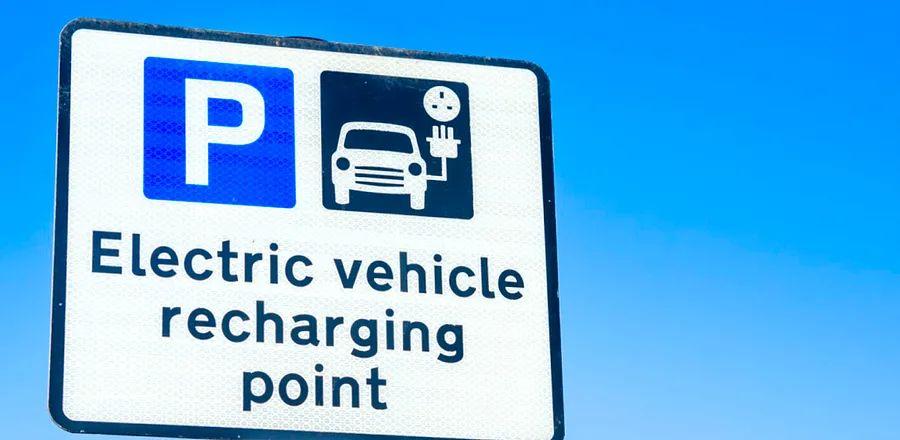A Comprehensive Nationwide Electric Vehicle Charging Station Network Is Coming Soon

Attention, prospective car buyers: New electric vehicle charging stations are heading to highway spots near you.
All 50 states received final approval on Tuesday to initiate construction on the first nationwide network of EV charging stations, placing one approximately every 50 miles (80 kilometers) along interstate highways, as part of the Biden administration’s initiative to promote widespread adoption of zero-emission vehicles.
The Transportation Department announced it has approved EV charger plans from the last group of 17 states, paving the way for the release of $1.5 billion in federal funding to jurisdictions nationwide—or a total of $5 billion over five years—to install or enhance chargers along 75,000 miles (120,000 kilometers) of highways coast to coast, aiming for 500,000 EV chargers across the nation. Plans for the remaining 33 states and the District of Columbia received approval earlier this month.
By the end of the year, drivers may begin to notice expansions and upgrades to existing highway EV stations in states like California, Colorado, Florida, and Pennsylvania, which now offer at least four fast-charging ports, allowing EVs to fully recharge in about an hour.
The rollout of new electric vehicle charging stations nationwide may commence as early as next spring.
Transportation Secretary Pete Buttigieg stated, "America was at the forefront of the automotive revolution in the last century, and we are set to lead the way in the 21st century with electric vehicles." He emphasized that these plans will ensure that people across the nation—from bustling urban centers to the most remote areas—can access the advantages and savings of electric vehicles.
This approval marks a significant advancement in fostering broad acceptance and utilization of electric vehicles among consumers, who typically voice concerns regarding the limited range of EVs and the scarcity of public charging options. President Joe Biden aims for electric vehicles to comprise 50% of new U.S. car sales by 2030, with his administration promoting new tax incentives next year of up to $7,500 to make EVs more accessible to everyday Americans. Nonetheless, the five-year plans indicate a potentially challenging journey ahead for a nationwide EV charging network, as states express worries about factors such as insufficient electricity grid capacity, supply chain issues, and equity challenges.
For example, while Texas, California, and Florida believe their grids can accommodate an influx of a million or more electric vehicles, other states remain uncertain.
New Mexico's plan highlighted, "Concerns about capacity will arise in the coming years as charging infrastructure and electric vehicles become more prevalent."
Vermont noted that "uncontrolled or unplanned EV charging could lead utilities to face considerable costs to maintain grid stability and pose challenges for grid operators," adding that some areas might require extensive grid enhancements and expansion.
Mississippi highlighted potential shortages of EV charging equipment, which it warned could "significantly delay" construction efforts. Several states also raised concerns about their ability to secure charging stations that comply with American-made standards.
New Jersey officials remarked, "This could postpone implementation by several years."
According to Transportation Department regulations, states must prioritize more costly fast chargers along highway routes, which typically range from $40,000 to $100,000 for installation, rather than focusing on neighborhoods with cheaper Level 2 chargers that take longer to fully charge vehicles.
Currently, electric vehicle owners charge their cars at home 80% of the time, mostly in single-family homes. However, this is expected to change as the less affluent, who lack garages for charging stations, begin to adopt EVs.
Biden's bipartisan infrastructure legislation allocates an extra $2.5 billion for local grants aimed at addressing the remaining gaps in the charging network, particularly in rural and disadvantaged communities that are less likely to own higher-priced electric vehicles or have nearby charging stations. The Federal Highway Administration announced on Tuesday that it will start accepting applications for these funds later this year.
Evaluation :
5/5



